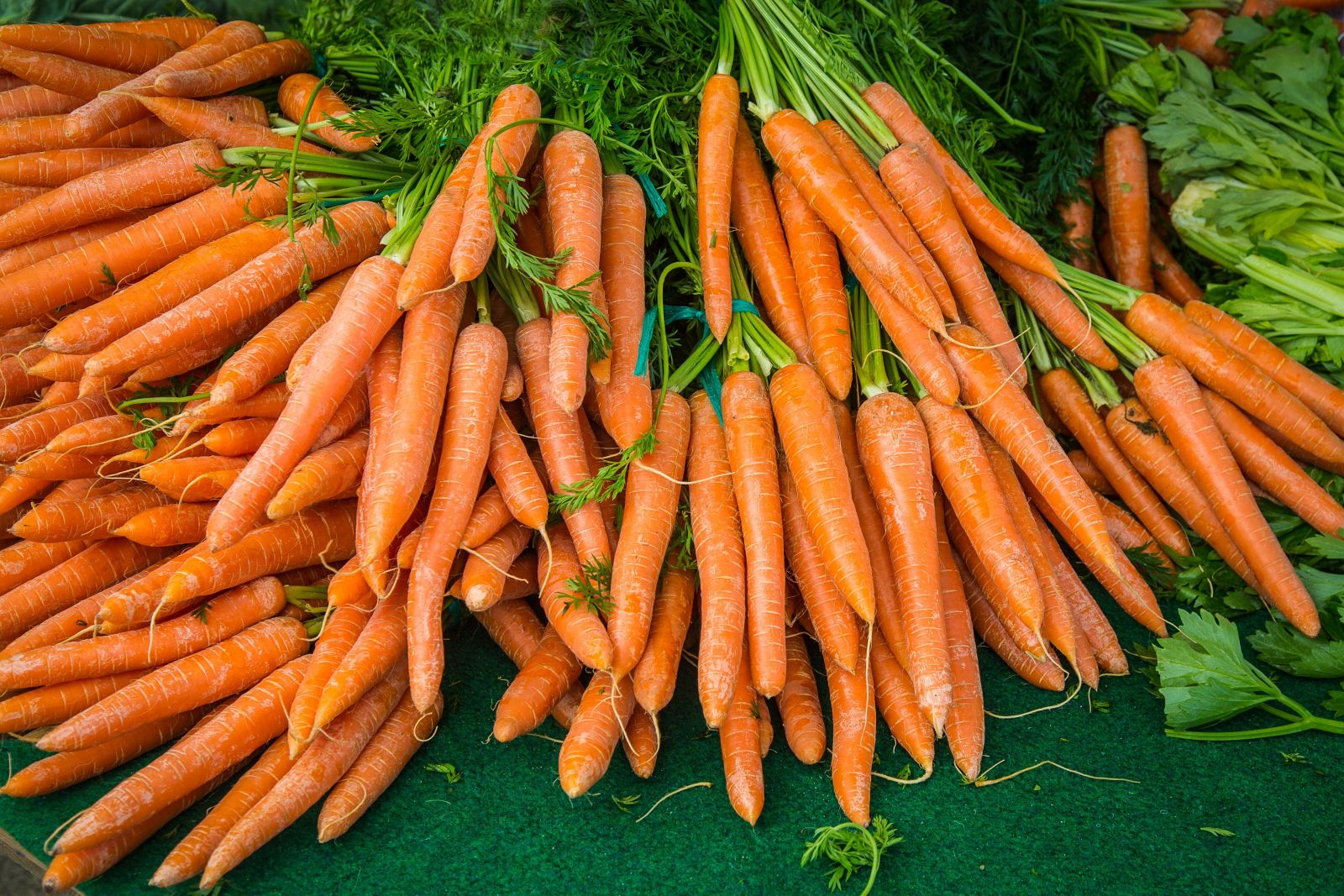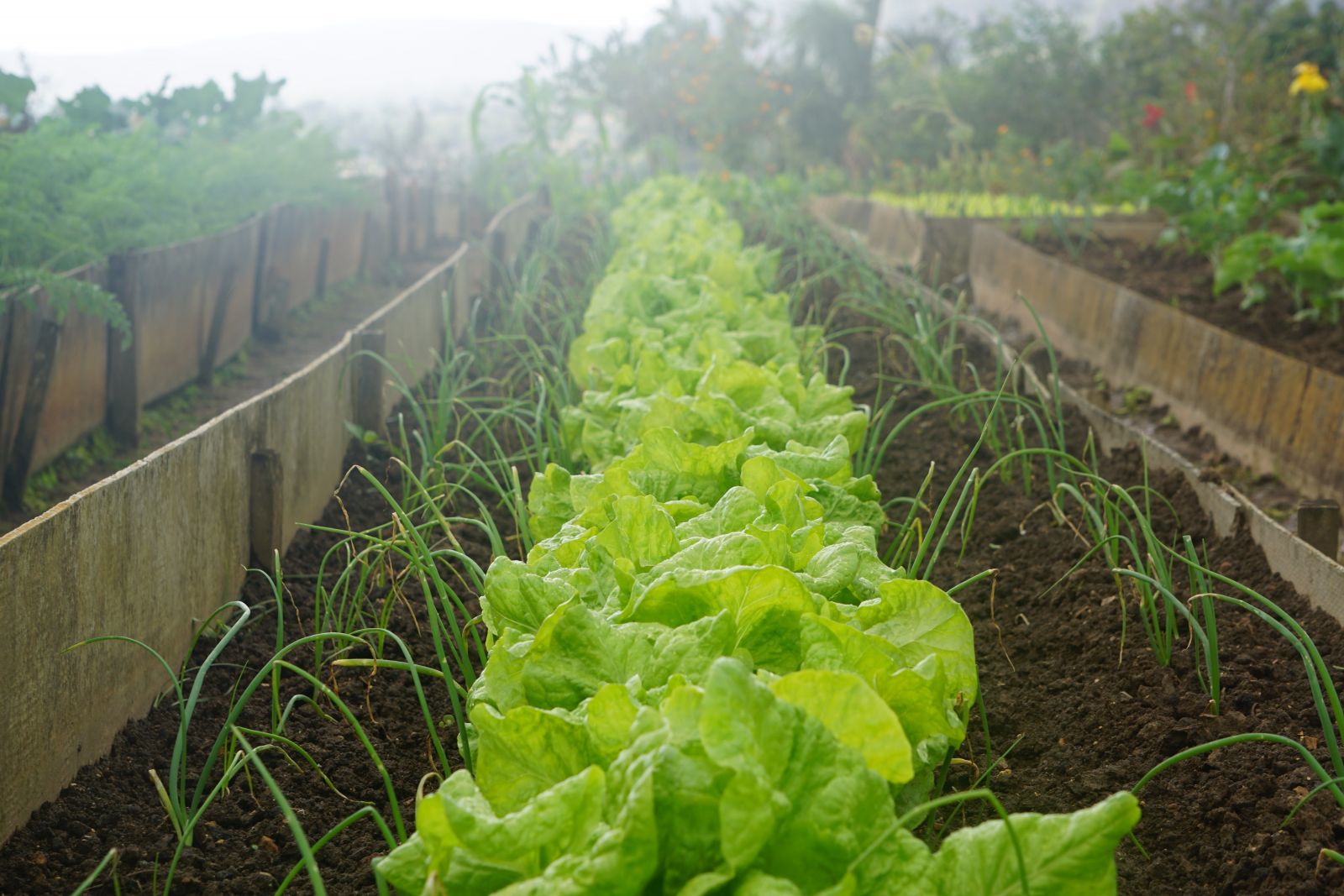Vegetable Plants
Vegetable plants will turn your garden into a lovely garden kitchen. With a little love and care, you will have vegetables to fill up your veggie garden all year round. What vegetable plants cannot be wanting in your garden and how do you make sure these plants grow healthily, so your veggies will be delicious? Goodgardn.co.uk gives you the best tips to turn your veggie garden into a great success.
The best vegetable plants to get you started
When it is your first time growing vegetable plants, it is advisable to start out with some easy plants that will certainly not disappoint you:
- Carrots: sow this crop in loose, rock-free soil, three weeks before the last expected frost. Harvest your carrots when their tops reach the soil line;
- Cucumber: with cucumber plants for sale, you would be crazy not to plant these easy-to-grow plants in your garden. Plant your cucumbers only when all frost has passed and make sure to give them enough space to sprawl;
- Chilli: chilli plug plants are tender and like to grow in a warm environment. Give your chili seedlings plenty of light and do not place them too close together. Water your chillies frequently and watch them grow into bushy plants with wonderful red vegetables;
- Tomatoes: buy tomato plug plants to get started and plant them after the last frost. Be careful not to give your vegetable plants too much water and do not feed them until the first fruits start to appear.

Add plug plants and perennial vegetables to your veggie garden
Start the garden kitchen in your backyard by planting vegetable plug plants. These are seedlings that have been raised in greenhouses to keep them healthy and help them develop strong roots. When you plant plugs, you do not only save time and money, but also get a better crop. Because these vegetable plants have been allowed to grow up under the best circumstances, they have a healthy basis and are therefore healthier and stronger than other plants. Another smart idea for creating a wonderful garden kitchen is to plant perennial vegetables. Plant vegetables like asparaguses, kale, garlic and globe artichokes once and harvest them every year!
How to grow a watermelon in UK
Have you always wanted to grow your own watermelon? Do not use the seeds out of the melon you bought at the supermarket, but buy them at your local garden centre. Make sure you plant your seeds in rich soil that is not too wet. Over time, you will see which seedlings are strong and which ones are weak. Remove the weaker ones by cutting them off. Start mulching your plants only when they have survived their vulnerable stage. Mulch feeds your vegetable plants, keeps weeds away and makes sure the soil does not dry out. Harvest your watermelons when the tendril at the stem is dry and the patch on the bottom has turned yellow. You can also check the sound your melon makes when you tap it; it should sound hollow.
5 steps to make your vegetable garden successful
Maybe you have a lot of ideas for your vegetable garden, but do not know how to get started. Here are 5 steps to create a beautiful kitchen garden filled with delicious vegetable plants:
- Think about the vegetable plants you want to grow in your garden. Do you like tomatoes and asparaguses? These are perennial vegetables that need only be planted once and can provide you throughout the year. Vegetables like carrots and cucumbers have to be replanted every year;
- Mix up vegetables that bloom during spring, summer and fall to make sure you have new fruits and vegetables every season;
- Pick the right spots for your vegetables. Make sure your garden is oriented from north to south, so your plants get as much sunlight as possible;
- Water frequently. When your vegetable plants are still tiny seedlings, they need plenty of water to grow strong roots. Take the weather conditions into account when you are watering to avoid overwatering or drying your plants out;
- Fertilize your vegetable plants regularly and remove weeds and pests. Use sprinklers to fight off fungal diseases.

